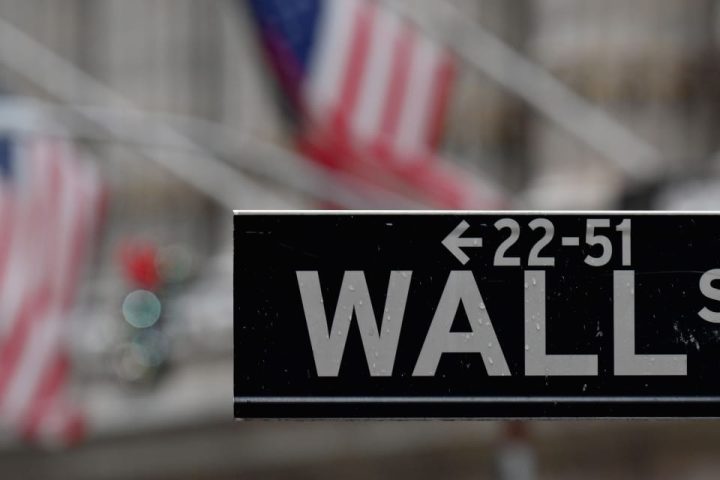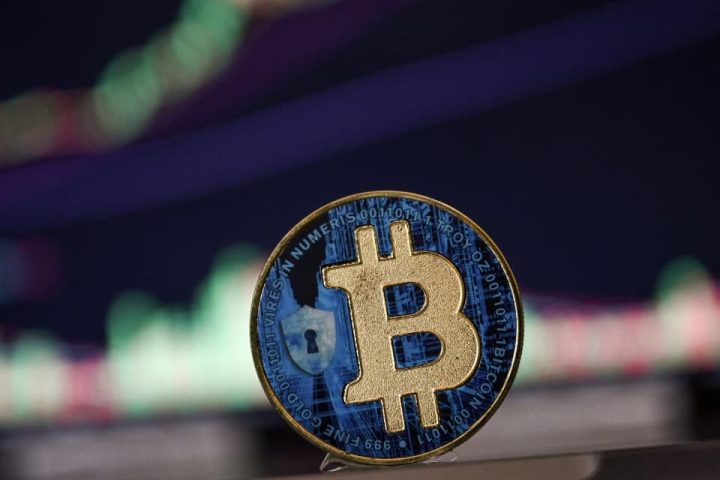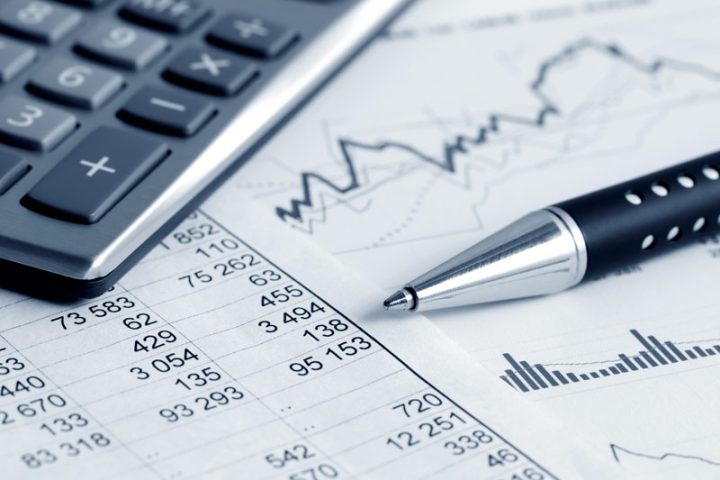By Dan Burns
(Reuters) -U.S. consumer sentiment fell for a fourth straight month in November and households’ expectations for inflation rose again, with their medium-term outlook for price pressures shooting to the highest level in more than a dozen years, a survey showed on Friday.
The University of Michigan’s preliminary reading of its Consumer Sentiment Index dropped to 60.4, the lowest level since May, from October’s final reading of 63.8.
The median expectation among economists in a Reuters poll had been for the index to be little changed at 63.7.
The survey’s preliminary gauge of current conditions fell to 65.7 from last month’s final level of 70.6, while the expectations index slid to 56.9 from 59.3 in October. Like the headline index, both sub-indexes were the lowest since May.
“While current and expected personal finances both improved modestly this month, the long-run economic outlook slid 12%, in part due to growing concerns about the negative effects of high interest rates,” Joanne Hsu, the director of the University of Michigan’s Surveys of Consumers, said in a statement. “Ongoing wars in Gaza and Ukraine weighed on many consumers as well.”
Consumers’ outlook for inflation in the year ahead rose for a second month to a seven-month high of 4.4%, “indicating that the large increase between September’s 3.2% reading and October’s 4.2% reading was no fluke,” Hsu said.
Meanwhile, over a five-year horizon, consumers expect inflation to average 3.2%, up from 3.0% in October and the highest since March 2011.
Officials at the Federal Reserve, which has raised interest rates by 5.25 percentage points since March 2022 to lower inflation from four-decade highs, pay close attention to consumers’ attitudes about price trends. They are keen to see inflation expectations trend lower so as not to alter consumption behavior that could reverse the gains they have made in slowing the pace of price increases.
Thanks largely to persistent inflation, U.S. households have held a broadly sour view of the U.S. economy and their own prospects ever since the coronavirus pandemic struck in early 2020, even though overall employment is back to record highs, jobless rates are near historic lows, wages have been rising faster than before the health crisis, and overall economic growth has been running well above trend.
Gasoline prices are particularly influential in consumers’ views on inflation, and the University of Michigan’s November survey said gas price expectations over both the near and long run rose to their highest levels of the year. That is notably at odds with recent trends in prices at the pump, which have fallen 12% from their highs of the year set in September and are now at their lowest since March, according to the U.S. Energy Information Administration.
“The rise in consumer inflation expectations, despite falling gas prices, will be concerning to the Fed,” Grace Zwemmer, economic research analyst at Oxford Economics, wrote. “The Fed will want to see a decline as they try to bring inflation down to their target rate of 2%, and elevated inflation expectations would be another sign that rates will need to stay higher for longer.”
Read the full article here







